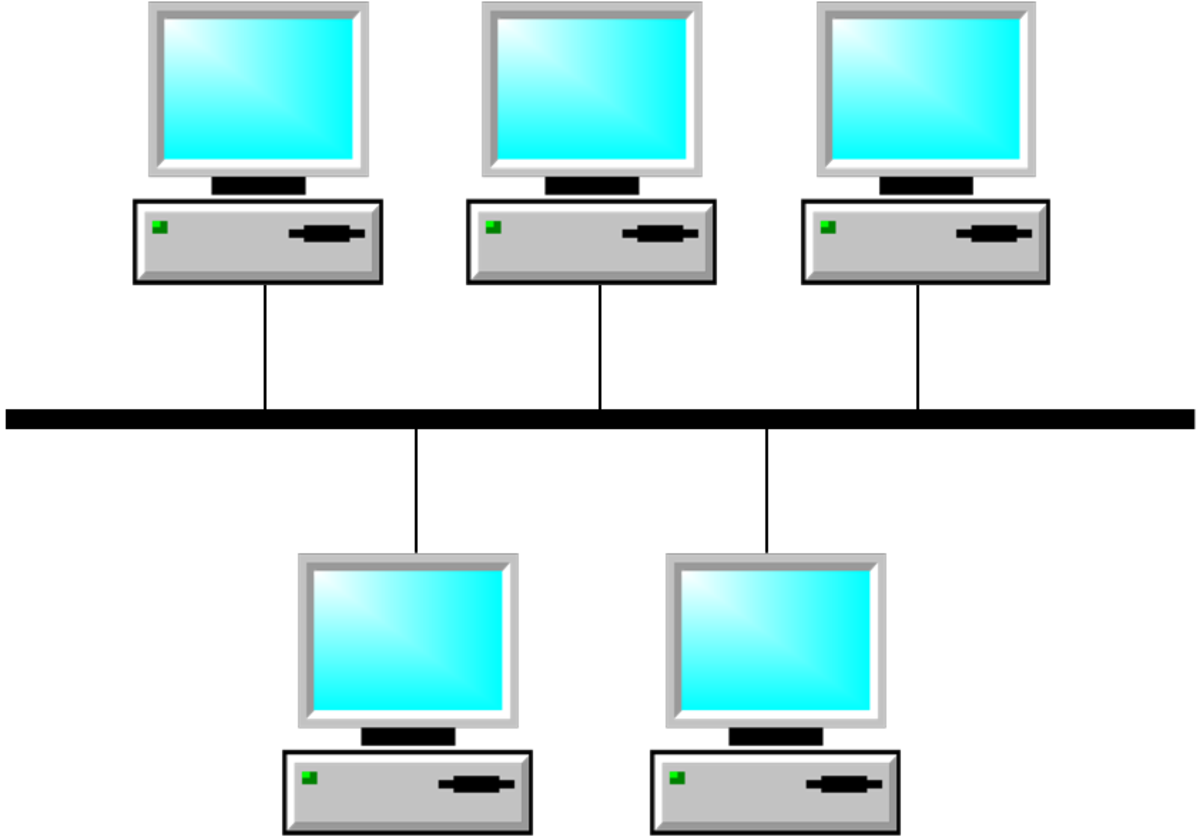How to Keep Your Children Safe on the Internet

A Sea of Knowledge (And Danger)
The vast Internet can be an endless source of information for just about any topic that one can think of. It can also be a very dangerous place for a child who does not know how to handle it correctly. Unfortunately there are not a great deal of safegards in place by default for the dangers that lurk out there in the digital seas.
This can be a very big nightmare for a parent of a child of any age. Things like phishing, pornography, scams, hook-up sites, violence and images in poor taste are not the kind of things that parents want their children to be exposed to while 'surfing'.
The question is; How can you allow your child to use the internet safely and ONLY allow them to see content that is suitable for them? There are many ways. It takes some research as well as a little common sense, but it can be accomplished.

Knowing is Half the Battle
The first thing you need to ask yourself when planning your childs internet experience, is what is it that you DO want them to have access to? This is primarily based upon the age of the child and their experience with a computer. Think about their likes and dislikes, what you would want them to learn from their experience etc...
The second thing to ask yourself, which may be a more difficult question than it sounds like, is; What DON'T you want them to have access to. At face value, this seems easy, but some of the most innocent sounding topics can be twisted easily by internet scoundrels who only care about website hits. Think about this very carefully and plot out a list. Again, base this upon their age and suitable topics.
The third thing to think about is; When do you want them to be permitted to use the Internet. It may always seem like daytime on the internet, and it always is... somewhere, however take this into consideration: if someone were to stalk your child, do you think it would be a more serious threat if they were in the same timezone? Keeping children off of the web late at night may avoid some would be local offenders.
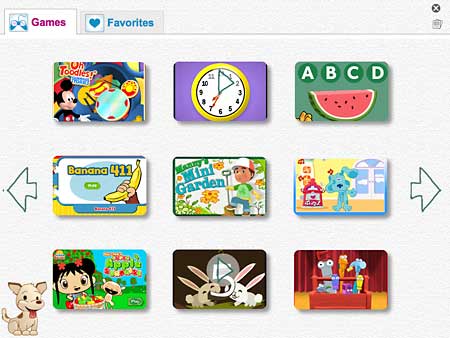
Using Software Portals
For young children between the ages of 3 to 6, I highly recommend using sofware based portals. These are like a super locked down web browser that will only let a child browse content that is approved by the parent. Two of these types of portals that I personally use for my child are 'Zoodles' and 'KidoZ'. Both of these used to be free, but KidoZ is now charging a subscription.
I have found both of these to be highly effective and can be taylored to your childs likes and dislikes. They give your child access to kids videos and cartoons, games, coloring and even video or scribble email that can only be sent to a predefined list of recipients like parents, family or friends.
Zoodles stands out for me a little because, each week, I recieve and email report card on my child's usage of the application and the amount of time she spent on different subjects. This application is also available for my Android tablet which let's her use it on the go!
Both of these applications also require a parent's password to exit to the Windows desktop.
There may be other software based portals available. These are just two examples.
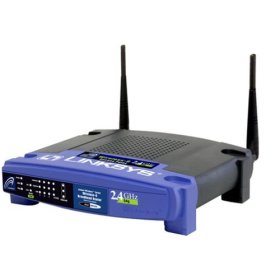
Internet Router Configuration
In many homes, an internet router is commonly used to connect computers to the Internet. One great advantage to this type of setup, is that there are a great wealth of built in tools to limit usage right on the device. This may vary between device makes and models so review your documentation to see what features are available. Some of the possibilities are as follows:
- Whitelists and Blacklists: Choose what specific website you would like to be granted access. If you know of a site that you do not want to be accessed, you can add it the blacklist. The same idea goes for whitelists, with the exception of the fact that these are the sites that you approve of.
- Access Hours: This feature lets you set times of the day that the Internet is available per computer IP address or sometimes MAC address. This can be handy for teenages that like to 'sneek' on in the evenings. This is not a replacement for them respecting their parent's wishes, but sometimes you just need a little tough love.
- Firewall: The built in firewall that exists on most routers keeps internet hackers from accessing your computer as easily. This is not a fix all, but will definitely help in keeping your information safe.
- MAC Address Filtering: This feature can be used to only allow computers that you add to access the internet in your home. This can be set for both wired and wireless devices on most routers.
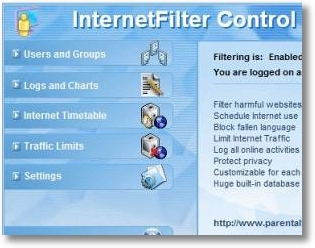
Internet Filters and Content Management
Another way to limit usage, is to use internet filters such as NetNanny or CyberPatrol. There are a variety of these available both for free and for a charge. These filters can limit access much like your router with whitelists and blacklists, but also come with a benefit of an outside source managing some of that workload.
Known bad sites are automatically blocked form the PC and would require an adult password to access them.
Content can also be filtered on certain search engines such as Google. Google's filter is called 'Safe Search' and has the following settings:
- Off - No Filtering
- Moderate - Most offensive content is filterd
- Strict - Offensive content filtered and possibly some not offensive.
The only down side to the content filter is that it can also be turned off easily, so keep that in mind when persuing this.
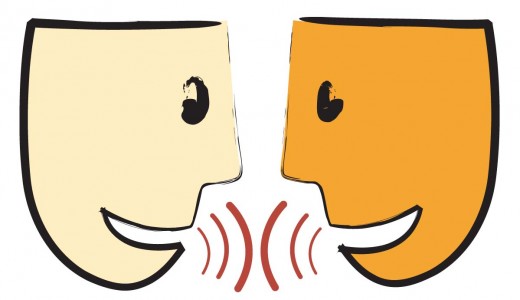
Talk is Cheap... And Effective!
This is probably one of the most important things that you will want to tackle, especially is your children are old enough to understand consequence.
Talk about Internet usage and danger with your child and come to an agreement around behavior and content allowances. Let them know about the scams that are out there and that if it's on the Internet, it's not necessarily ture. Make sure that if they are accessing social networking sites like MySpace or Facebook, that you too start a profile and get on their 'Friend List'. This will do two things: keep you informed as to their following as well as let you be a bit more connected to their lives outside of the home. Also, make absolutely sure that they understand not to post private information on ANY website such as an address, phone number etc... that may be able to lead a stalker to your front door!!!
Build a trust relationship with your child around these types of things just as you would with the use of the family car or the big talk on drugs and alcohol. This is probably the most effective tool to keep your loved one safe!

Closing
I hope that this Hub has given you some useful information on where to start in making your childs internet experience, useful, educational and most importantly... safe. Remember to do your reasearch and talk to your children about internet safety no matter what their age.
Thank you for reading!


